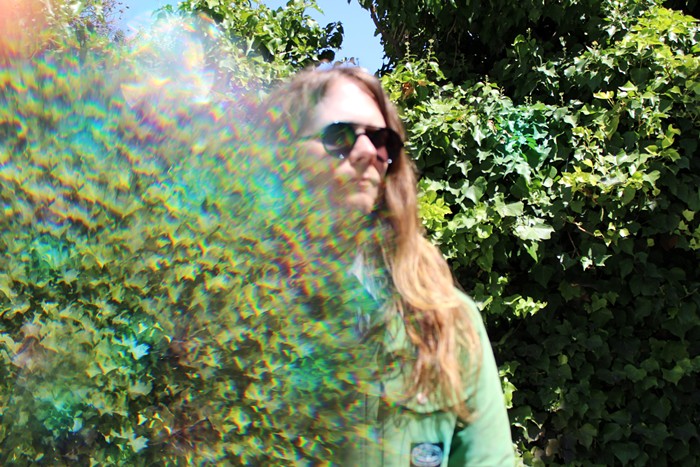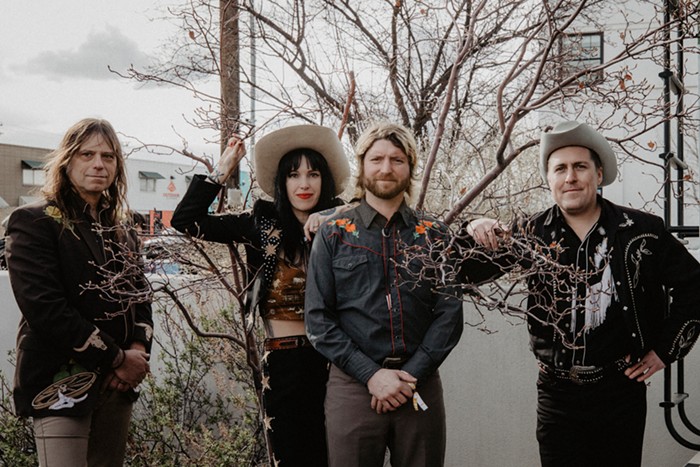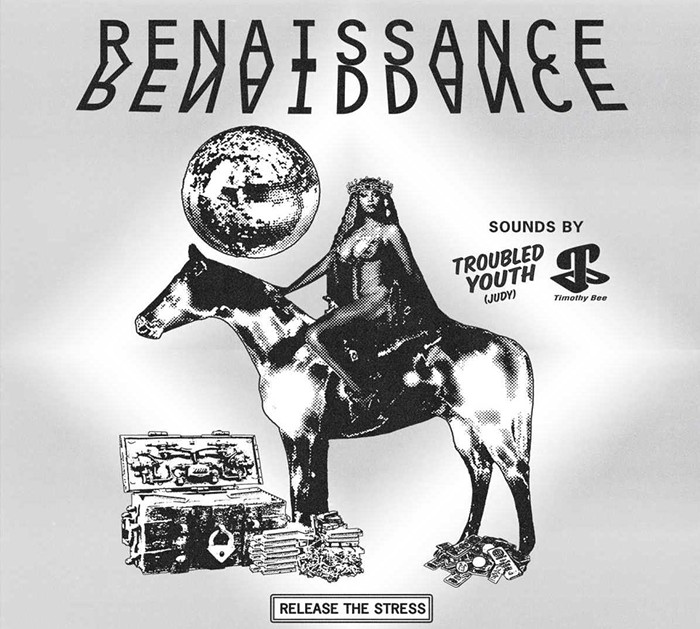SOMETIMES I THINK I’m the biggest Beatles fan in the world, which is probably how most Beatles obsessives feel. At age five, I attended my first Beatles convention; by age six, I could make the distinction between the group’s UK and US discographies. I was a savant in Fab Four trivia.
When I hear somebody say “the Beatles suck” (probably the textbook utterance of boilerplate iconoclasm), I take it personally. The Beatles raised me—my birthfather never paid a dime in child support, but he did leave me a turntable and ragged, water-damaged copies of 1962-1966 and 1967-1970 (also known as the Red and Blue Albums, respectively). As I got older and started surrounding myself with more and more Beatle-bashing, wannabe provocateurs, the band’s music would become my own little embryonic asylum away from the obscurantist chest-beating of punk and indie.
If the fact that I’m having fewer idiotic arguments about the band on social media is any indication, it appears that the music community has settled on the consensus that the Beatles were patently great (even if John Lennon was an asshole). But there’s one myth that even diehards like myself remain susceptible to: that Ringo Starr was a shitty drummer and somehow a “lesser” member of the group.
It’s not hard to see how this myth originated; there are pre-internet rumors that Paul McCartney secretly re-recorded drum tracks while Starr wasn’t in the studio. Actually, McCartney did play drums on “Dear Prudence” and “Back in the U.S.S.R.,” as Starr briefly quit the group during the White Album sessions. And it’s often erroneously reported that Lennon told an interviewer Starr “isn’t even the best drummer in the Beatles,” although this was actually a joke made by comedian Jasper Carrott in 1983. Starr may have lacked Ginger Baker’s technical prowess or Keith Moon’s unbridled vigor, but he singlehandedly defined the drummer’s role in a conventional pop-rock band: play loud and with heart, but never crowd the songs.
Then there’s Ringo’s personality, as critical to the Beatles’ formula as his musical talents. In press conferences, Starr’s unpretentious wit was the perfect counterpoise to Lennon’s messiah complex and McCartney’s self-important intensity. Watch interviews from the brief period when drummer Jimmie Nicol subbed for Ringo during a two week Australasian tour—it’s sort of like that one shitty episode of Seinfeld without George.
While Starr’s solo catalog is unsurprisingly spotty, he has at least two post-Beatles efforts that are ripe for rediscovery, the first being 1973’s Ringo, which features stellar co-writes with George Harrison, Paul McCartney, and John Lennon (making it the closest the world ever got to another Beatles record). The other is 1992’s Time Takes Time, which features contributions from Jellyfish’s Roger Joseph Manning Jr. and Andy Sturmer, and the Posies’ Ken Stringfellow and Jon Auer.
While not a particularly adroit solitary writer, Starr’s (good) solo records speak to his interpretive gifts. A song like the Lennon-penned “I’m the Greatest,” which opens Ringo, would seem unbearably arrogant slapped onto a Plastic Ono Band record, but Starr’s clod-hopping temperament gives the composition an ironic and self-effacing quality. The Posies’ “Golden Blunders” reads like a Gen X incursion on the institution of marriage—but Ringo’s cover, on Time Takes Time, takes the form of a cautionary tale, narrated by one of love’s wizened casualties.
If the Beatles were an otherworldly, insular entity, then Ringo Starr was their envoy to earth. Earnest, keen and awkward, it’s Ringo who validates the Beatles as merely a group of human beings playing music. John, Paul and George were lucky Ringo joined their band—and we’re lucky he’s still around to tell the tale.


















